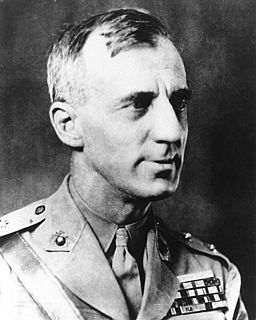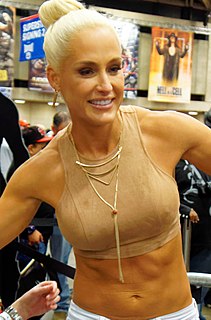A Quote by Justin Cartwright
Strangely enough, the legend of John Brown, who was clearly crazy, helped the abolitionist cause and is thought to have precipitated the American Civil War.
Related Quotes
One of the songs that stayed in my head that I really considered a lot was an old folk song called 'John Brown' - not the abolitionist John Brown, but the one that Bob Dylan has covered and sung before. It's about a boy coming home from the Civil War, or maybe World War I even, and about his Mother seeing him all destroyed.
I helped make Mexico, especially Tampico, safe for American oil interests in 1914. I helped make Haiti and Cuba a decent place for the National City Bank boys to collect revenues in. I helped in the raping of half a dozen Central American republics for the benefits of Wall Street. The record of racketeering is long. I helped purify Nicaragua for the international banking house of Brown Brothers in 1909-1912. I brought light to the Dominican Republic for American sugar interests in 1916. In China I helped to see to it that Standard Oil went its way unmolested.
And before me was the great raw bulge and bulk of my American continent; somewhat far across, gloomy, crazy New York was throwing up its cloud of dust and brown steam. There is something brown and holy about the East; and California is white like washlines and emptyheaded - at least that's what I thought then.
The intelligence community is so vast that more people have top secret clearance than live in Washington. The U.S. will spend more on the war in Afghanistan this year, adjusting for inflation, than we spent on the Revolutionary War, the War of 1812, the Mexican-American War, the Civil War and the Spanish-American War combined.
I'm working on a script right about Civil War re-enactors who go back in time to the actual Civil War. It's kind of a big, crazy Back to the Future comedy. So, of course, it's the Civil War - I play the banjo. I was just having a conversation with one of the producers about some of the material and he was like, 'You know, we have to work in a scene where you play the banjo. And I was like I'll get behind that.






































